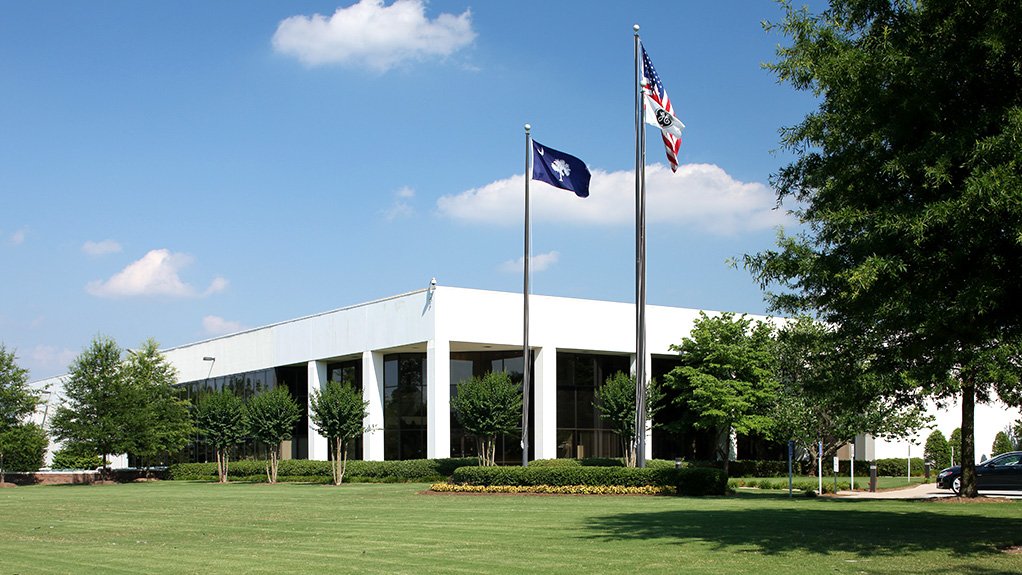Global New York Stock Exchange-listed industrial company General Electric (GE Gas Power) announced it has secured $4.2-million in federal funding from the US.
The funding is part of the Department of Energy’s Advanced Research Projects Agency-Energy (ARPA-E) OPEN 2021 programme, which prioritises the advancement of transformational technologies supporting a more decarbonised energy system.
GE’s funding is said to be focused on two projects entitled “Lifted-flame combustion for high-hydrogen reheat gas turbines” and “Manufacturing high-yield investment castings with minimal energy”. As part of these projects, GE will conduct cutting-edge research for gas turbine decarbonisation in close collaboration with industrial companies and educational institutions, says GE engineering VP John Intile.
“As one of the world’s leaders in combustion technology, GE is leading technology and manufacturing advancements in the power generation industry to enable low or zero-carbon power generation, all of which fundamentally relies on conducting advanced research both at GE and with collaborators.”
GE is pleased that ARPA-E has recognised the value of developing alternative methods to boost the efficiency of gas turbines powered by fuel blends with high percentage of hydrogen, and the potential to completely disrupt current cycle time, producibility limits and energy requirements for investment castings of turbine components.
GE states it will investigate a novel lifted-flame combustion approach for advanced gas turbine engines powered by mixtures of natural gas and hydrogen – hydrogen does not produce carbon emissions when burned in a gas turbine. Gas turbine combined cycle (GTCC) combustion technology is mature in its present form.
This new technology aims to break the current, materials- limited upper bound efficiency barrier for new gas turbines — targeting net plant efficiencies of 67% or greater on a range of fuel compositions, all while meeting strict emission standards, claims GE.
“Our goal of increasing GTCC plant efficiency by five or more percentage points in the next decade will position GE’s technology to help lead the energy transition,” said GE Gas Power decarbonisation emergent technologies director Jeffrey Goldmeer.
Both initiatives will be led by GE and conducted at GE’s Global Technology Center in Greenville, South Carolina. The foundational testing of the technology will be conducted at the Atlanta-based Georgia Institute for Technology (Georgia Tech).
“As home to the largest university-based hydrogen research and development effort in the country, we are delighted to be collaborating with ARPA-E and GE Gas Power on this effort," says Georgia Tech Strategic Energy Institute professor and executive director Tim Lieuwen.
GE explains that this project will develop and combine key elements of casting technology including an innovative furnace development, as well as three-dimensional (3D) printed additive ceramic mold technologies that will fundamentally change the production of high-value metal components for gas turbines.
The new system could produce cast parts using up to 90% less energy than traditional methods, as well as provide improved quality, consistency and yield, all at lower cost.
“The proposed system of technologies will enable us to respond rapidly while reducing our energy usage and carbon footprint,” says GE emerging technology incubator Tom Amond.
GE will develop this advanced solution in collaboration with complex metal component manufacturer DDM Digital Foundry Systems, with technical support from the GE Global Research Center in Niskayuna, New York.
“DDM Systems is honoured to be selected for this ARPA-E award. DDM has a decade of collaboration with GE to advance the investment casting of gas turbine components using 3D printed ceramic shells. DDM's vision of the Digital Foundry aims to modernize investment casting to produce castings ten times faster at half the cost without any tooling, wax patterns and molded cores," says DDM Systems founder and CEO Dr Suman Das.
Edited by: Zandile Mavuso
Creamer Media Senior Deputy Editor: Features
EMAIL THIS ARTICLE SAVE THIS ARTICLE
ARTICLE ENQUIRY
To subscribe email subscriptions@creamermedia.co.za or click here
To advertise email advertising@creamermedia.co.za or click here













